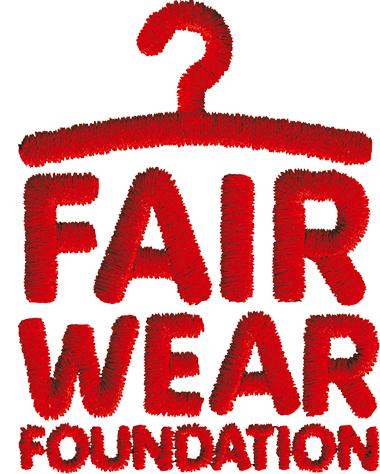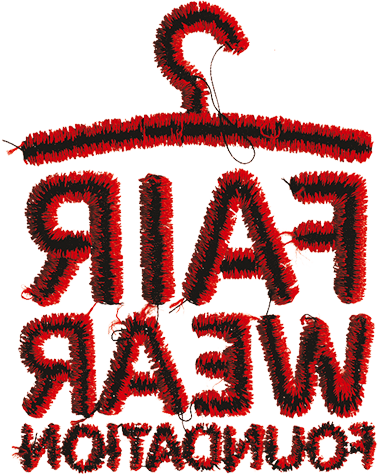Partners
FWF’s multi-stakeholder structure and approach was brought to life by a strong belief in the power of cooperation. It is only through cooperation – at all levels of the industry – that industry-wide improvements can be realised.
The Strategic Partnership for Garment Supply Chain Transformation 2016-2020
Fair Wear Foundation, CNV Internationaal, Dutch Ministry of Foreign Affairs, Mondiaal FNV
Goal: Improved labour conditions in garment supply chains while ensuring a healthy and viable industry.
The Strategic Partnership for Garment Supply Chain Transformation is an innovative programme to improve labour conditions in the garment industry. The partnership aims to bring together the expertise of trade unions, NGOs, and progressive brands and factories, to ensure that all supply chain actors are engaged. It focuses on three important themes, reflecting key labour issues:
- LIVING WAGES: Supporting better wages while ensuring that industries remain profitable. It seems simple, but there are a lot of roadblocks that FWF and its member brands are seeking to address.
- GENDER EQUALITY: Ensuring that particular needs of women workers are addressed. A widespread but underreported problem.
- SOCIAL DIALOGUE: Strengthening negotiation between management and workers’ representatives. It is essential for sustainable improvements in working conditions.
PRACTICAL SOLUTIONS
Together, new ideas will be tested to provide models and evidence to brands, factories, trade unions, governments and civil society organisations of how a fairer garment industry could work – and could benefit all parties. With real examples from actual garment supply chains, the Partnership aims to provide replicable solutions for the rest of the industry. Examples of pilot projects may include social dialogue strategies and costing systems analysis.Factory floor activities will be supported by changes in the management of European garment brands, members of Fair Wear Foundation.
PILOT PROJECTS: a basis for evidence based advocacy
Local organisations will play a significant role in the development and execution of pilot projects. They will help to create real-world examples of what human rights compliance in the garment industry looks like (and costs!) to be able to be more effective advocates in dialogues with governments, garment brands and factories about how to improve conditions for workers involving the entire supply chain
The five-year effort is led by Fair Wear Foundation, Dutch trade unions Mondiaal FNV and CNV Internationaal and the Dutch Ministry of Foreign Affairs. It also includes a varied network of organisations in Europe and eight garment-producing countries in Asia and Africa: Bangladesh, Cambodia, Ethiopia, India, Indonesia, Myanmar, Pakistan and Vietnam
More information on the development of pilot projects will be available soon
Are you a FWF member? Learn more about the partnership in this FAQ
Cooperations
Between factories and companies
More than a decade of monitoring has proven that approaching factory auditing as policing leads to cat-and-mouse games with limited improvements for workers. In FWF’s experience, real improvements usually take place in a context of trust and collaboration between a company and factory, most often where companies are committed to a long-term relationship with the factory.
With other multi-stakeholder initiatives
The scale of the challenges we face are huge, and resources are finite. So it is necessary to reduce duplication, while creating efficiencies among organisations that share a common goal.
With trade unions
FWF works to ensure that its efforts in no way undermine or replace the role of trade unions in any country. To the contrary: its work ultimately focuses on supporting healthy industrial relations systems. Therefore FWF alters its approach in countries where there are functioning industrial relations systems in the garment and textile industry. FWF looks to trade unions in these countries as the main workplace monitors and appropriate handler of workers’ complaints. This ensures that the relationship is one of cooperation – working to ensure that healthy industrial relations systems remain that way.
With business associations
Business associations play a key role in healthy industrial relations systems. FWF is committed to strengthening its cooperation with a number of business associations in the countries where FWF is active.







